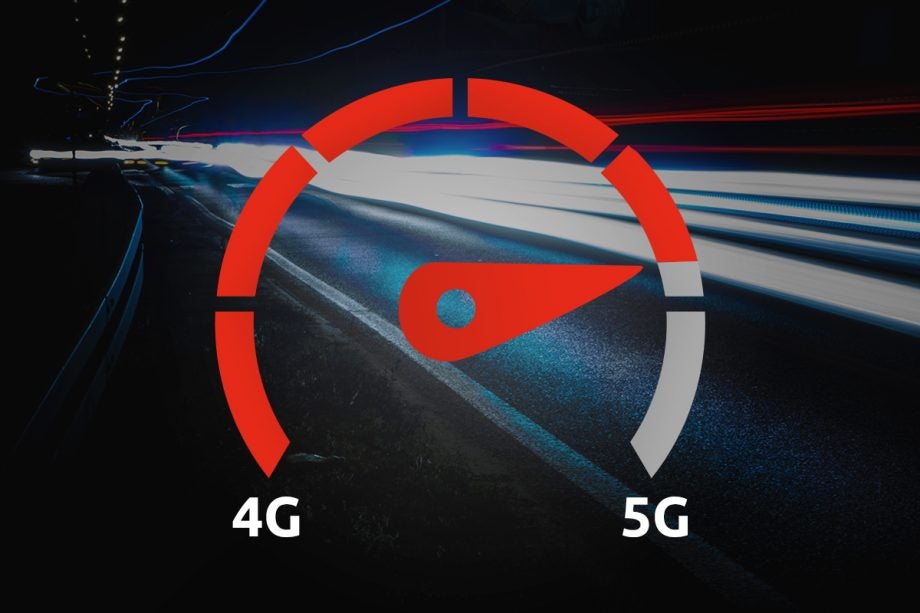5G will make weather forecasts worse, warns the NOAA

Weather forecasts in the US could be in trouble, as the US Federal Communications Commission (FCC) – the guys in charge of flogging off the wireless spectrum for the 5G network to be developed – are being warned by meteorologists that it could make weather reports around the world.
It’s a tough situation for the FCC, as the feds now have to decide whether accurate weather forecasting or a faster mobile phone signal is more important. Meanwhile, 5G bods around the world could soon be facing a similar conundrum.
The acting chief of the National Oceanic and Atmospheric Administration (NOAA), Neil Jacobs, took to Capitol Hill on Thursday last week to say that interference from 5G phones could hit weather reports, making them 30 percent less accurate. This is quite a substantial change, Jacobs said to the House Subcommittee on the Environment: “If you look back in time to see when our forecast scale was roughly 30 percent less than today, it was 1980.”
This was reported by WIRED, who have dug a little more into what this means.
Related: What is 5G?
When asked for examples, Jacobs suggested that the reduction in capabilities could lead to inaccurate predictions of storm paths, and even two or three fewer days of preparation time for coastal residents faced with hurricanes.
The reason behind it is a real moment of weird science: water vapor emits a very faint signal at the 23.8 GHz frequency. Meteorologists monitor this using satellites.
Now, the FCC began auctioning off its 24GHz frequency band to wireless carriers around the world, faced with objection from NOAA, National Aeronautics and Space Administration (NASA) and the American Meteorological Society. The 24GHz band is pushing pretty close to the magic 23.8 GHz the weather bods need.
Related: 5G Smartphones
And the NOAA reckon that interference to its satellites from 5G could result in a 77 percent loss in data. While the FCC could switch to a different bandwidth, the FCC has already planned 5G auctions for frequencies close to the ones used to detect atmospheric temperature (50.2 – 50.4 GHz), rain and snow (36 – 37 GHz) and clouds and ice (80-90 GHz) so the problem isn’t a simple fix.
This will come to the world stage in October, with a world radio conference taking place in October for nations around the world to come together and hash out the interference level. However, while countries with milder weather might be okay, places dealing with dangerous weather could have a tough dilemma on their hands: do they want the fastest possible internet or accurate weather predictions


